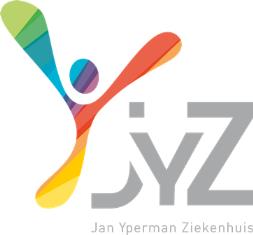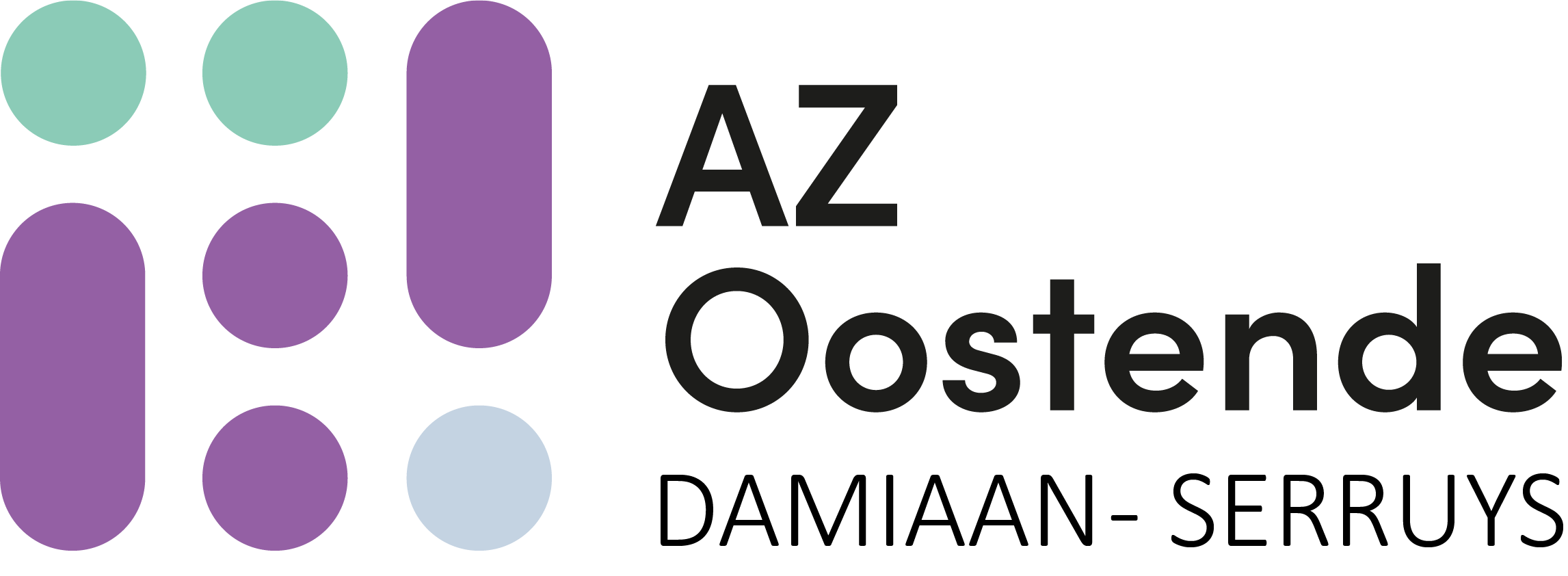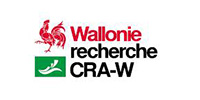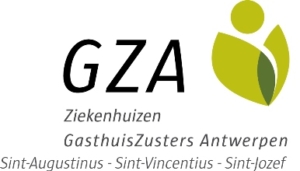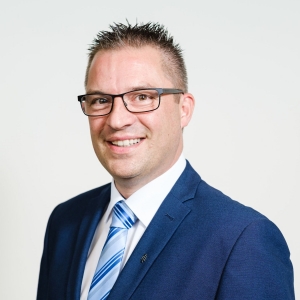The Jan Yperman Hospital in Ypres has achieved accreditation according to the standards of Joint Commission International (JCI). This means the hospital is setting high standards. No less than 1,113 measurable aspects are tested against the JCI standards by a team of JCI auditors. We have asked Norman Cleenewerck, Head of Biotechnology at the Jan Yperman Hospital, what the added value of such accreditation is and what role PHI DATA has played exactly in the improvement of quality.
‘My department is mainly in charge of the repair and maintenance of the medical equipment. But we do much more. In short: anything that includes some software and technology goes through us. This means also telephony, alarms, and therefore also RFID, which is integrated into just about everything.’
Objective quality mark
Joint Commission International (JCI) identifies, measures and shares best practices regarding quality and patient safety. The innovative solutions enable health institutions to improve themselves and their performance. JCI works together closely with hospitals and other care institutions, government bodies, academic institutions and companies in order to continuously lift patient care to a higher level. Therefore, the JCI accreditation and certification are ideal means to keep improving quality and safety.
‘We have recently achieved our second accreditation. This makes us one of the first in the country to be awarded two consecutive accreditations. With each edition, new points of attention are added. We are proud to be the first Belgian hospital to be accredited according to the sixth edition of the handbook.’
‘Thanks to JCI we have objective criteria to continuously improve our quality. The 1,113 quality requirements are ticked off one by one. For our first accreditation we had to reach 90%, and we obtained 98.4%. The latest accreditation imposed a minimum score of 98%. We also surpassed this score, obtaining 98.5%.’
PHI DATA as a partner for smooth accreditation
‘The way in which we made contact with PHI DATA is rather funny. Our previous financial director had seen a TV report on a technician in a hospital whose only task was to look for wheelchairs and other equipment in the car park. At the time we were a fairly new hospital ourselves, and we got the idea to introduce RFID technology in order to be able to locate all the equipment. In the meantime, PHI DATA has equipped 30 hospitals with this solution, and its implementation in our hospital went smoothly as well. As PHI DATA are real specialists when it comes to this technology, we got the best possible assistance. As a result, this technology is being used in all relevant areas. And we are already reaping the fruits.
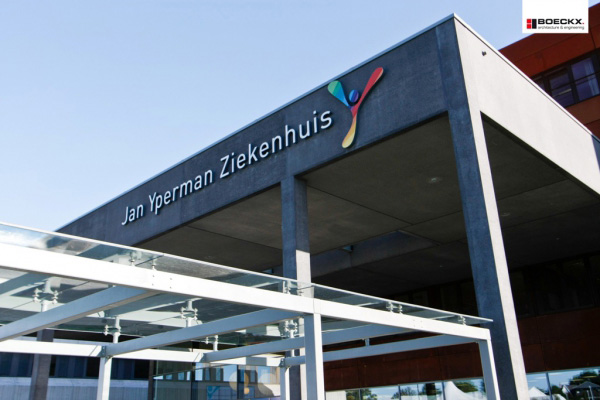
For one thing, we are saving a lot of unnecessary costs. Before, we often had to rent equipment, because we were unable to find our own equipment. Today, we are perfectly able to locate everything at all times, thus eliminating the need to rent equipment.’
‘But there is more. Thanks to RFID, our medicine refrigerators emit a signal when the temperature threatens to fall outside the standard. In addition, our night nurses benefit from the RFID tags. They feel safer and can efficiently activate the alarm in case of aggression. Finally, we also use it to detect straying. Patients suffering from dementia tend to wander off. By providing them with tracking tags, we are able to locate them even before they have left the Jan Yperman Hospital premises.’
Accreditation for continuous quality improvement
‘I think that, although such accreditation has advantages for employees, it is mainly the patients who benefit from it. We can now say with certainty that the maintenance of the medical equipment is done systematically. But we are also improving quality in all other areas. Our procedures have been optimised to such an extent that we hardly make any mistakes anymore.’
‘I am convinced that any hospital would benefit from accreditation. Not least because it provides the certainty that you will be able to guarantee quality and safety for your patients and employees. But also because it will result in the entire organisation sharing the same goal: to always keep improving.’


